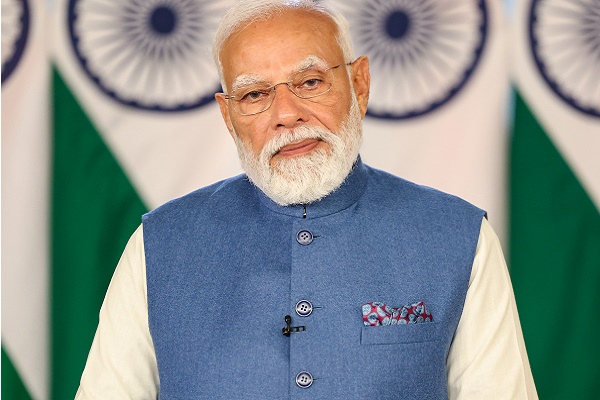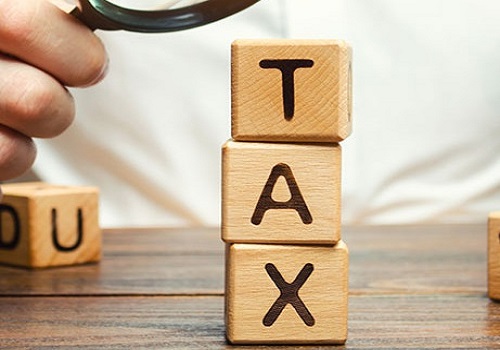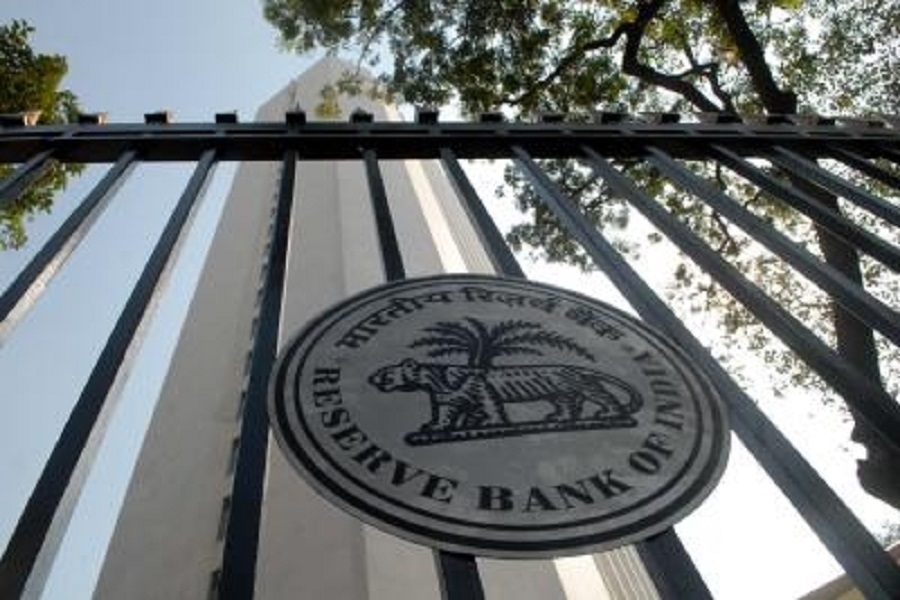Lok Sabha passes Finance Bill 2024 with few amendments

The Finance Bill 2024 was passed by Lok Sabha with a few amendments moved by the government. Finance Minister Nirmala Sitharman said the approach of the government has been to bring greater simplification of tax laws and procedures and enable growth and employment in the country. The Finance Minister clarified that in real estate, the roll over provisions have not been withdrawn and are applicable. She said if the capital gain in a property transaction is invested in buying another one or two properties up to a maximum value of Rs 10 crore, no capital gain tax is required to be paid on such profits.
Capital gains can also still be invested in bonds which are notified under Section 54 of the Income Tax Act up to a maximum of Rs 50 lakh annually and save on taxes. To give relief on budget proposals, she also moved an amendment in the Finance Bill on the changes in the capital gains tax on property transactions. The amendment implies that taxpayers can avail either a lower tax of 12.5 per cent without indexation or a rate of 20 per cent with indexation, if the property is acquired prior to July 23, 2024, the day union budget was presented in the Lok Sabha.
She clarified that taxpayers can compute taxes under both provisions and choose to pay tax under the scheme where lower tax is applied. Effectively, July 23, 2024, is now set as the cut-off date for the calculation of the capital gains versus the earlier cut-off of 2001. She said she has proposed these amendments as some members have raised hypothetical calculation to prove that under new provisions taxpayers will have to pay higher taxes. The new tax proposals on capital gains tax was brought in to bring in parity among different asset classes like equities, mutual funds and real estate.
In the Finance Bill introduced on July 23, the Finance Minister had proposed a flat long term capital gains tax of 12.5 per cent with no indexation benefits, prior to it property transactions used to be taxed at 20 per cent with indexation benefit. She also clarified that the grandfathering proposal will be allowed only for individual and Hindu Undivided Family (HUF) taxpayers and not for companies and Non Resident Individuals. They have to pay flat 12.5 per cent LTCG tax without indexation.






















